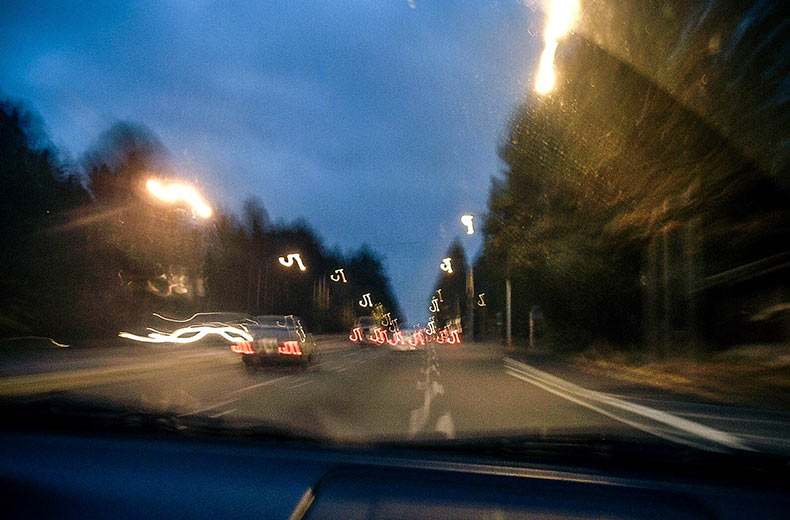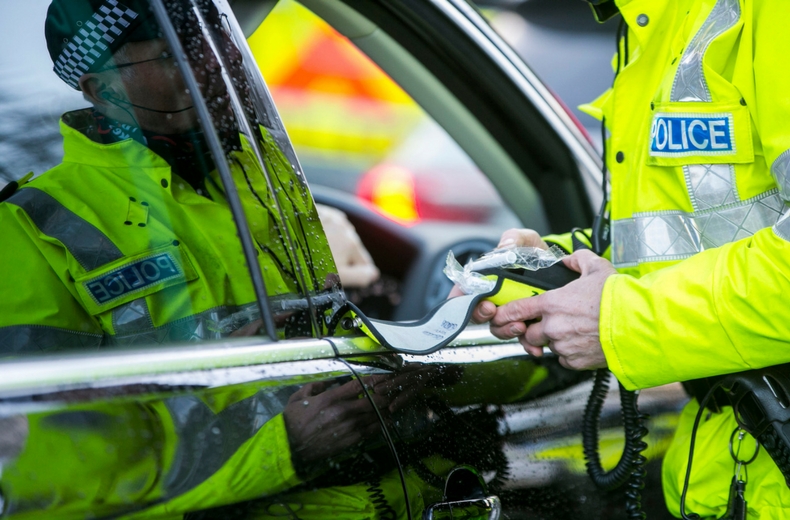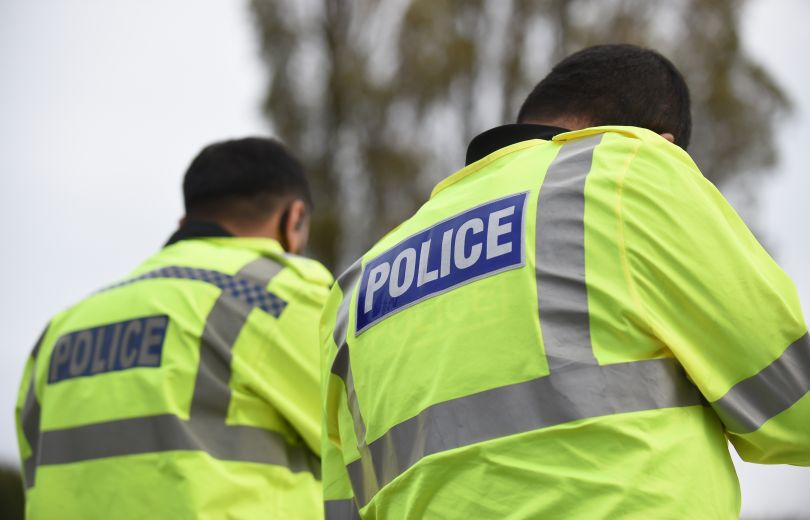However, the problem of drug-driving remains.
And drug-driving doesn’t have to mean illegal drugs, of course. Many motorists drive – perhaps inadvertently – under the influence of unsafe quantities of prescription medication.
Our legal guide explains drug-driving laws, limits and penalties along with other consequences of breaking the law to help you stay safe on the roads.
UK drug-driving laws
There are two laws that relate to drug driving, both are very clear and simple. It’s illegal to drive if:
- You’re unfit to do so because you’re on legal or illegal drugs, or
- You have certain levels of illegal drugs in your blood (even if they haven’t affected your driving)
The government takes a three-pronged approach to tackling drug driving in the UK:
- A zero tolerance approach to drugs most associated with illegal use, with limits set at a level where any claims of accidental exposure can be ruled out
- A road safety risk based approach to eight drugs most associated with medical uses
- A separate approach to amphetamine that balances its legitimate use for medical purposes against its abuse
You can find out the exact limits for specific drugs (both legal and illegal) you cannot exceed while driving in our drug-driving limits table below.
MORE ADVICE: 10 driving offences you didn't know were illegal
Drug-driving limits
There are limits in place for eight prescription drugs and eight illicit drugs with amphetamines being treated differently.
Illegal drugs
The limits for illegal drugs are set very low so even trace amounts can be detected in order to prosecute offenders.
| ‘Illegal’ drugs (‘accidental exposure’ – zero tolerance approach) | Threshold limit in microgrammes per litre of blood (µg/L) |
|---|---|
| Lysergic acid diethylamide | 1µg/L |
| Delta-9-tetrahydrocannibinol (cannabis) | 2µg/L |
| 6-monoacetylmorphine (heroin) | 5µg/L |
| Methylenedioxymethamphetamine (MDMA) | 10µg/L |
| Methylamphetamine | 10µg/L |
| Cocaine | 10µg/L |
| Ketamine | 20µg/L |
| Benzoylecgonine | 50µg/L |
Legal drugs
Legal drugs are defined as being ‘prescription or over-the-counter medicines’.
And, here more than ever, the advice is ‘always read the label’.
Many medicines can cause tiredness or impair your judgement.
So if there’s any doubt in your mind, check with your doctor or pharmacist before driving.
Below is a table of the limits you cannot exceed while driving on these prescription drugs.
| Medicinal drugs (risk based approach) | Threshold limit in blood |
|---|---|
| Clonazepam | 50µg/L |
| Morphine | 80µg/L |
| Lorazepam | 100µg/L |
| Flunitrazepam | 300µg/L |
| Oxazepam | 300µg/L |
| Diazepam | 550µg/L |
| Methadone | 500µg/L |
| Temazepam | 1,000µg/L |
| Separate approach (to balance its risk) | Threshold limit in blood |
|---|---|
| Amphetamine | 250µg/L |
What does this mean in the real world?
These limits are set to just over the level of the normal prescribed dosage.
This means that you can legally drive while taking these drugs, providing you are sticking to their recommended dosages, and they do not impair your driving in any way.
So, if you are using above the standard prescribed dosage for these medicines and driving, you could be breaking the law.
If you are unsure the best thing you can do is contact your local GP.

RAC sale – up to 33% off*
• Roadside cover from £5.29 a month†
• We get to most breakdowns in 60 mins or less
• Our patrols fix 4/5 breakdowns on the spot

READ MORE: Mobile phone driving law change - know where you stand
How do drugs affect your driving?

Drug-driving can be just as dangerous as driving under the influence of alcohol.
And, as you’d expect, different drugs impair driving in different ways.
Cannabis, for example, slows your reaction time, resulting in longer braking distances.
Cocaine promotes overconfidence, meaning faster driving and greater risk-taking.
And mind-altering drugs such as ecstasy and LSD distort your perception of reality, leaving you unable to judge speed and distance accurately.
The effects of legal drugs can be less obvious, but don’t underestimate the danger. Above all, drugs and driving don’t mix – so the best advice is to avoid combining the two.
What happens if you get pulled over for suspected drug driving?

If the police pull you over on suspicion of drug-driving, they may ask you to take a ‘field impairment assessment’.
This includes various tasks designed to test alertness and coordination.
Examples include walking in a straight-line, standing on one leg, tilting your head back and counting to 30, and touching your finger to your nose with your eyes closed.
They may also use roadside swap tests to check for cannabis and cocaine.
If when they pull you over they think you’re unfit to drive because of taking drugs, you’ll be arrested and will have to take a blood or urine test at a police station.
If the test results show you have exceeded the limit in either for any of the substances in the tables above you could be charged with a crime.
Likewise if you are under the limits but the police prove your driving has been impaired because of the use of drugs.
What are the penalties for drug-driving?
The penalties for drug-driving are severe. Referring again to Government guidelines, a conviction will result in:
- A minimum one-year driving ban
- An unlimited fine
- Up to six months in prison
- A criminal record
Causing a death by dangerous driving while under the influence of drugs can result in a 14-year prison term.
What are the other consequences of drug driving?
Any drug-driving offence will remain your driving licence for 11 years, which means hugely increased car insurance premiums and exclusion from certain jobs.
It may also cause problems when travelling to particular countries.
Aside from the legal and financial implications, let’s not forget that hurting or killing another person as a result of drug-driving will stay on your conscience forever.
Imagine having to face the family of a person you’d killed – however unintentionally – in court. It simply doesn’t bear thinking about.
READ NEXT: Drink-driving limits - everything you need to know
Car playing up?
Get quality repairs at a fair price, plus a 12 month warranty with RAC Approved Garages.












